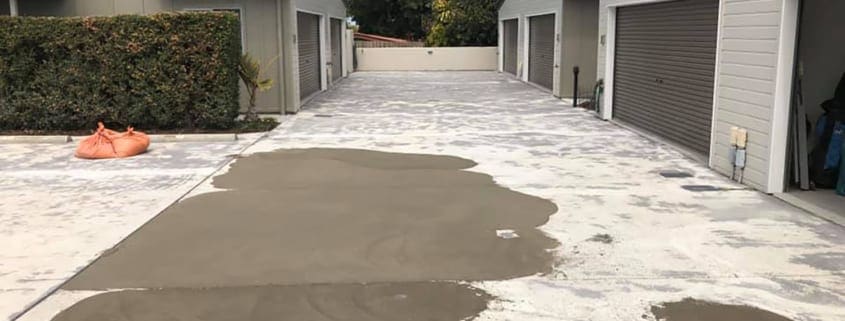Concrete Driveway Repair
This blog explores how professional concrete driveway repair can transform your home’s entrance. For example, minor cracks can worsen over time, leading to safety hazards. Consequently, timely concrete driveway repairpreserves kerb appeal and prevents costly damage. On the other hand, DIY fixes may fall short. Furthermore, engaging experts ensures durable results with minimal fuss.
Benefits of Concrete Driveway Repair
A solid driveway offers more than mere aesthetics. Regular concrete driveway repair extends the lifespan of your pathway. It also boosts property value and reduces trip hazards. Homeowners notice fewer stains and water pooling after quality concrete driveway repair. Furthermore, a neat driveway reflects pride in home maintenance and community. A repaired driveway also simplifies cleaning and prevents oil stains from seeping below the surface. Keeping debris at bay becomes simpler when surfaces are smooth and even.
Key Advantages of Concrete Driveway Repair
-
Extends longevity of concrete surfaces.
-
Prevents small cracks from expanding.
-
Maintains smooth and safe driving area.
-
Enhances concrete driveway repair cost-effectiveness by avoiding full replacements.
Clean surfaces reflect sunlight better, improving visibility during early mornings. This maintenance prevents algae growth and staining, ensuring a pristine finish that lasts.
How Concrete Driveway Repair Works
Professionals begin by cleaning and assessing damage. Next, they seal cracks using epoxy or polymer-based fillers. In many cases, grinding levels uneven patches. Consequently, they apply sealant to guard against moisture. This step-by-step concrete driveway repair process ensures a uniform finish.
Repair Process Overview
-
Inspection and surface preparation.
-
Crack filling with high-grade polymers.
-
Level smoothing and patching.
-
Final sealant application and curing.
Common Driveway Issues Addressed by Concrete Driveway Repair
Weather and daily wear can leave your driveway with cracks, spalling or heaving. Regular concrete driveway repairtackles these issues swiftly. On the other hand, ignoring symptoms may lead to structural failure. Homes in Brisbane often face soil movement, making timely concrete driveway repair vital. Exposure to UV rays and rainfall increases surface wear. Chemical spills can accelerate deterioration. Addressing problems early avoids full-scale replacements.
Identifying Signs for Concrete Driveway Repair
-
Visible cracks wider than 3 mm.
-
Flaking or surface deterioration.
-
Pools of water after rain.
-
Uneven slabs creating tripping hazards.
Regular inspection every six months helps catch issues early. A simple walkover to scan for hairline fissures can save substantial repair costs later.
Deep Dive: Materials for Concrete Driveway Repair
Choosing the right mortar or polymer grout affects results. For instance, epoxy-based fillers resist shrinkage and moisture. Consequently, materials chosen during concrete driveway repair help prevent recurrence of cracks.
-
Epoxy-based fillers for durable crack sealing.
-
Acrylic sealers to protect against UV and chemicals.
-
Polymer-modified mortars for flexible, long-lasting patches.
Next Steps
If you’re ready to schedule a concrete driveway repair, contact a qualified team today. Local specialists often provide free inspections. You can arrange same-day assessments in many areas, ensuring prompt service. Additionally, professional teams carry insurance for your protection and warranty coverage on workmanship. They’ll assess your site and provide a clear quote. Many providers offer warranties, giving you peace of mind. Enjoy a safer, cleaner driveway with lasting satisfaction.



Leave a Reply
Want to join the discussion?Feel free to contribute!